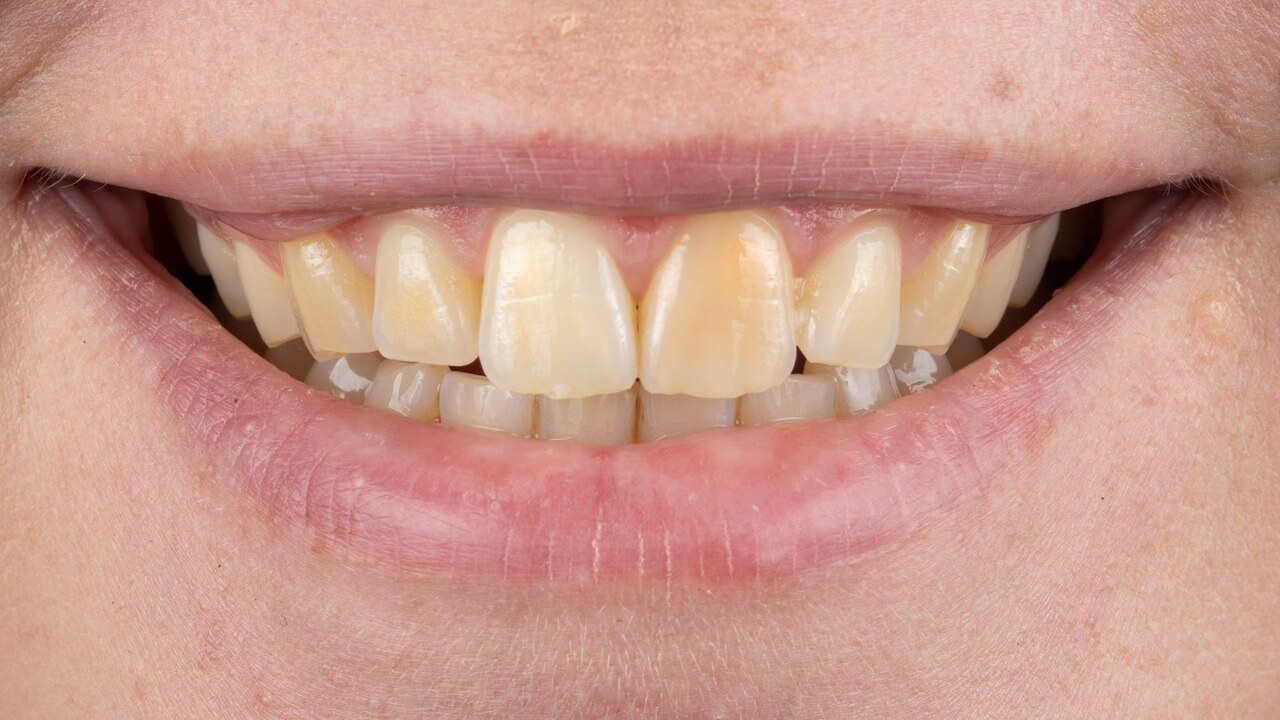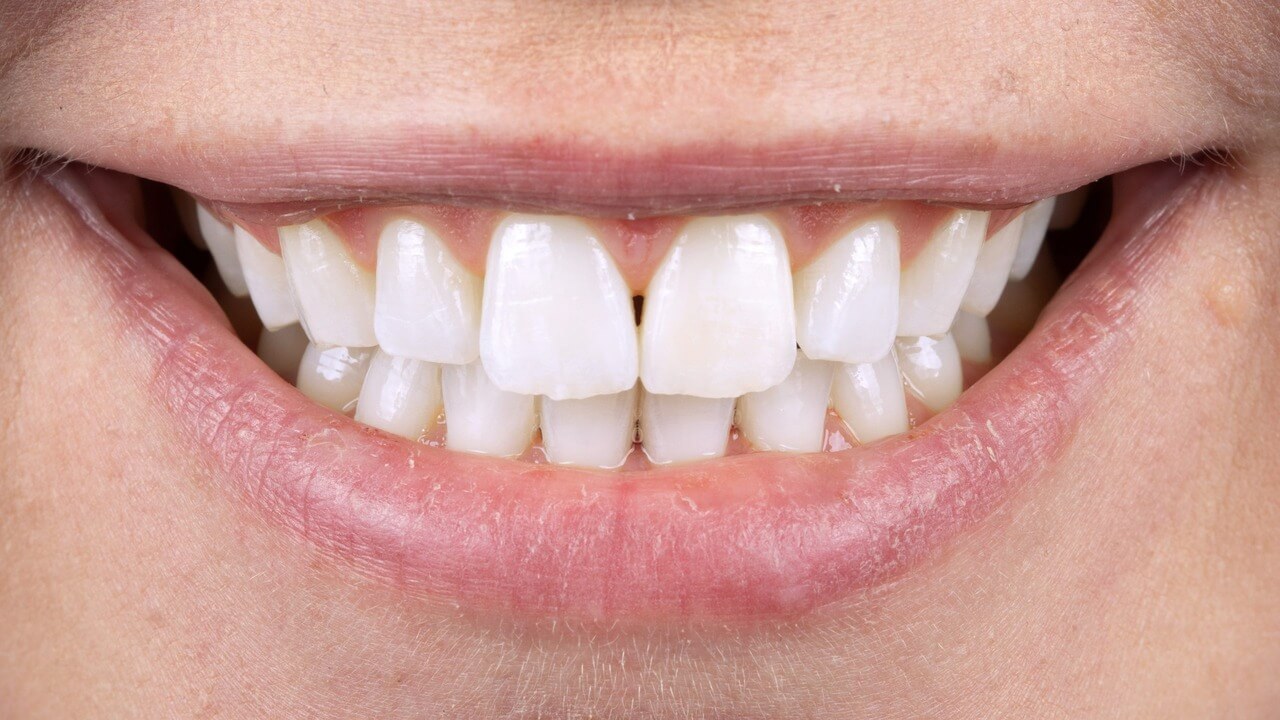
Dentist Melbourne CBD
A Personalized Approach to Dental Care at
Dr. Zamani Dental Practice
When it comes to dental care, finding a dentist who truly cares about your individual needs and offers personalized treatment can make all the difference. Dr Leila Zamani is a compassionate and skilled dentist who is dedicated to providing her patients with the highest quality dental care tailored to their unique life situations. With a wide and comprehensive range of cosmetic, preventive, and restorative dentistry treatments, Dr Zamani ensures that each patient receives the attention and care they deserve.
Our Services
DR Leila Zamani
Dental Practice in Melbourne CBD
High quality dental care, with the latest techniques
for your comfort.
Achieve the smile you have always wanted with personalised, professional Melbourne cbd dentist care in the heart of Melbourne. Dr Leila Zamani offers a variety of cosmetic, preventive and restorative dentistry treatments, which are individually selected for your particular requirements. Whether you wish to achieve better oral health or a more radiant smile, Dr Zamani can recommend a course of treatment suitable for your objective. Single treatments, emergency dental treatment and routine maintenance are all approached with the same attention to detail, using state of the art dental clinic technology and equipment.

Our Practice
At our boutique dental practice located in Melbourne, we prioritize the needs and desires of our patients. We believe that effective dentistry is a lifetime partnership, and we are committed to fostering lifelong relationships with our clients at the Melbourne Dentist Clinic.
Treatments
We provide a comprehensive array of dental treatments and dentists, encompassing cosmetic, preventive, and restorative dentistry. Utilizing the latest advancements in dental technology, we strive to make every experience with us as efficient, comfortable, and relaxed as possible.
Location
Conveniently situated in the bustling legal precinct of Melbourne’s Central Business District, our practice can be found located at Level 6/488, Bourke Street, Melbourne. This central location makes it easy for clients to access our state-of-the-art dental services in the city’s heart.
Request an Appointment
Experience Exceptional Dental Care with Dr Leila Zamani
Your dental health is crucial to your overall well-being, and choosing the right dentist plays a significant role in maintaining a healthy smile. With her dedication to providing personalized dental care and expertise in cosmetic, preventive, and restorative dentistry, Dr Leila Zamani is an excellent choice for people seeking exceptional dental work. Trust Dr Zamani and her team to help you achieve and maintain the beautiful, healthy smile you deserve.
Frequently Asked Questions
What is cosmetic dentistry, and what procedures does it include?
Cosmetic dentistry is a branch of dental services that focuses on improving the appearance of teeth, gums, and overall smile. It includes treatments such as teeth whitening, porcelain veneers, and dental bonding offered by Melbourne dental clinic.
How can I maintain good oral health through preventive dentistry?
You can maintain good oral health through preventive dentistry by regularly visiting your Melbourne CBD dental clinic for dental checkups, teeth cleanings, and oral health education. General dentists help prevent dental issues such as gum disease, tooth decay, and tooth loss.
What types of treatments are included in restorative dentistry?
Restorative dentistry includes dental treatment focused on repairing and restoring damaged or missing teeth. Some examples are dental implants, crowns, bridges, fillings, and root canal treatment.
How do dental implants work as a teeth replacement solution?
Dental implants are a teeth replacement solution used in complex dentistry. A titanium post is surgically placed into the jawbone to replace the root of a missing tooth. A dental crown is then attached to the implant, providing a natural-looking, functional tooth.
What is the teeth whitening process, and how effective is it?
Teeth whitening is a popular cosmetic dentistry procedure performed at Melbourne dental clinics. It involves the removal of stains and discolouration from teeth, resulting in a brighter, more radiant smile. The effectiveness of teeth whitening varies depending on the individual and the type of staining.
What are porcelain veneers, and when are they used?
Porcelain veneers are thin, custom-made shells of tooth-coloured material designed to cover the front surface of teeth to improve their appearance. They are used to address issues such as stained, chipped, or misaligned teeth.
How do dental crowns help restore damaged teeth?
Dental crowns are tooth-shaped caps placed over damaged or weakened teeth to restore their shape, size, strength, and appearance. They are often used in root canal treatments and dental implant procedures.
What is the purpose of dental bridges in teeth replacement?
Dental bridges are teeth replacement solutions consisting of one or more artificial teeth supported by dental crowns on adjacent natural teeth or dental implants. They are used to fill gaps caused by missing teeth.
When is a root canal treatment necessary, and what does it involve?
Root canal treatment is necessary when the pulp tissue inside a tooth becomes infected or damaged. Melbourne dentists perform this procedure to remove the affected tissue, clean and disinfect the area, and then fill and seal the tooth to prevent future infection.
What is Invisalign, and how does it differ from traditional braces?
Invisalign is a modern orthodontic treatment that uses a series of custom-made, clear plastic aligners to gradually move teeth into their desired positions. It provides a discreet alternative to traditional metal braces.
How do dental fillings help repair cavities and decayed teeth?
Dental fillings repair cavities and decayed teeth by removing the decayed tooth material and filling the space with a dental material such as composite resin or amalgam.
What is involved in a dental cleaning procedure?
Dental cleaning is a preventive dental service performed by a dentist and oral health therapists during dental visits. It involves the removal of plaque, tartar, and stains from teeth to prevent gum problems and tooth decay.
When and why would I need wisdom tooth removal?
Wisdom tooth removal is a dental surgery procedure performed by Melbourne dentists to extract one or more impacted or problematic wisdom teeth. This helps prevent potential complications such as infection, pain, gum problems, or damage to neighbouring teeth.
What should I do in case of a dental emergency?
In case of a dental emergency, seek immediate attention from a dental clinic that offers emergency dental services. Dental emergencies include severe toothaches, broken or knocked-out teeth, or lost dental crowns or fillings.
What is dental bonding, and what issues can it address?
Dental bonding is a cosmetic dentistry procedure in which a natural-coloured composite resin material is applied to the tooth’s surface to improve its appearance. It can be used to repair chipped or cracked teeth, close gaps, or change the shape of teeth.



